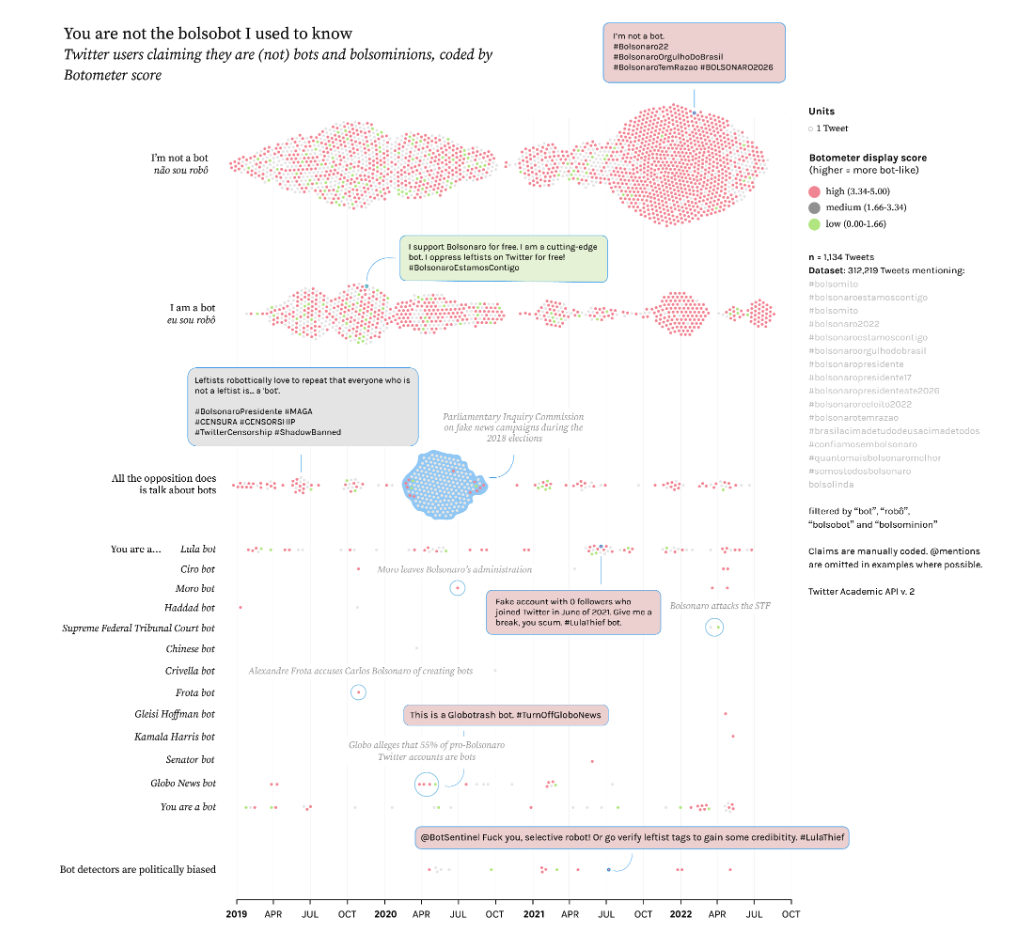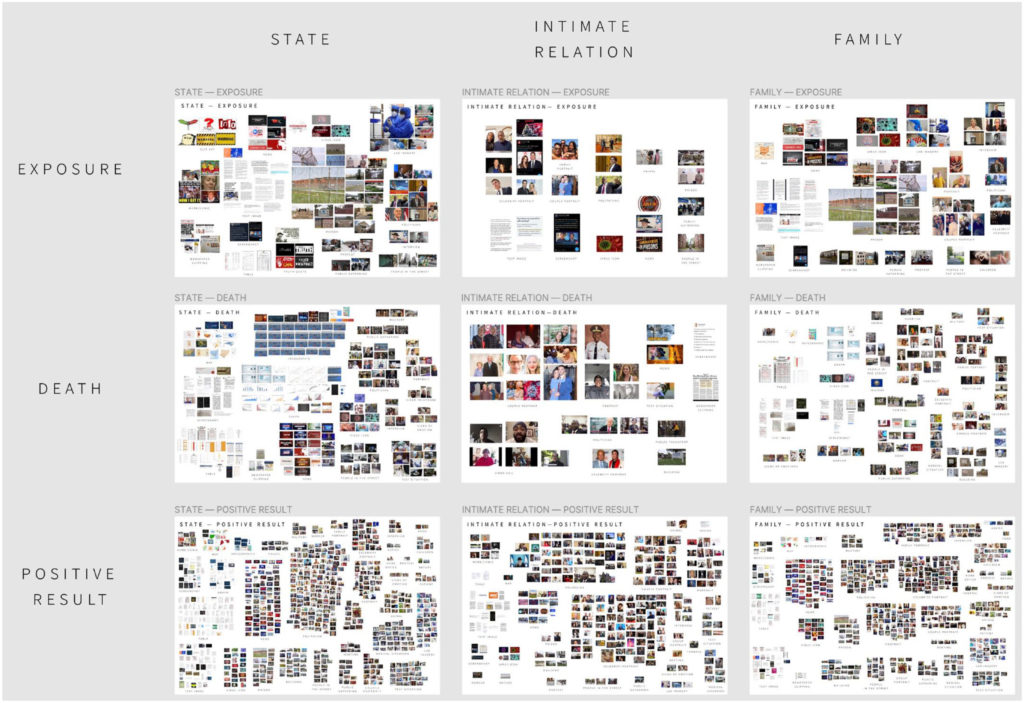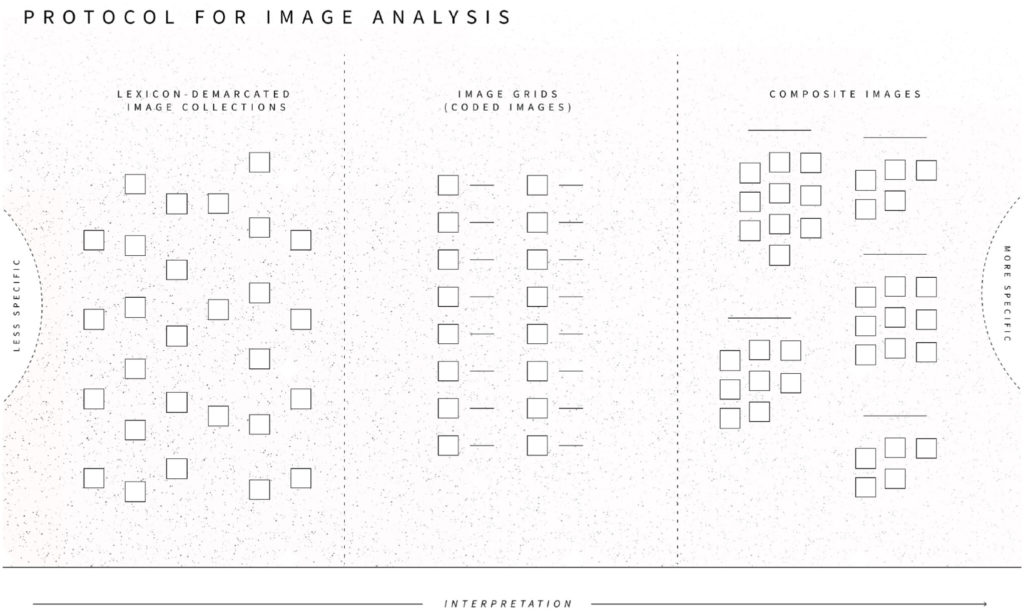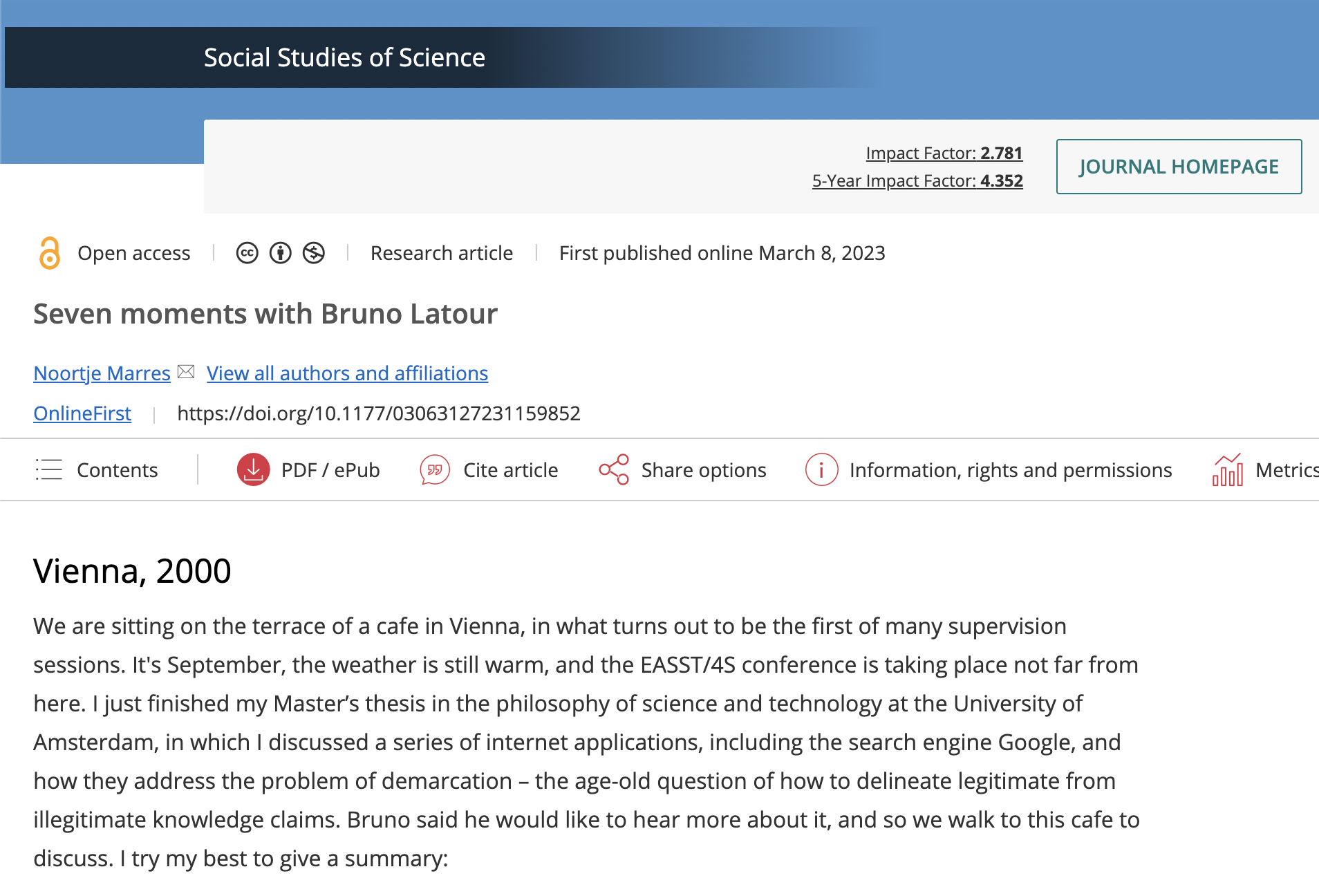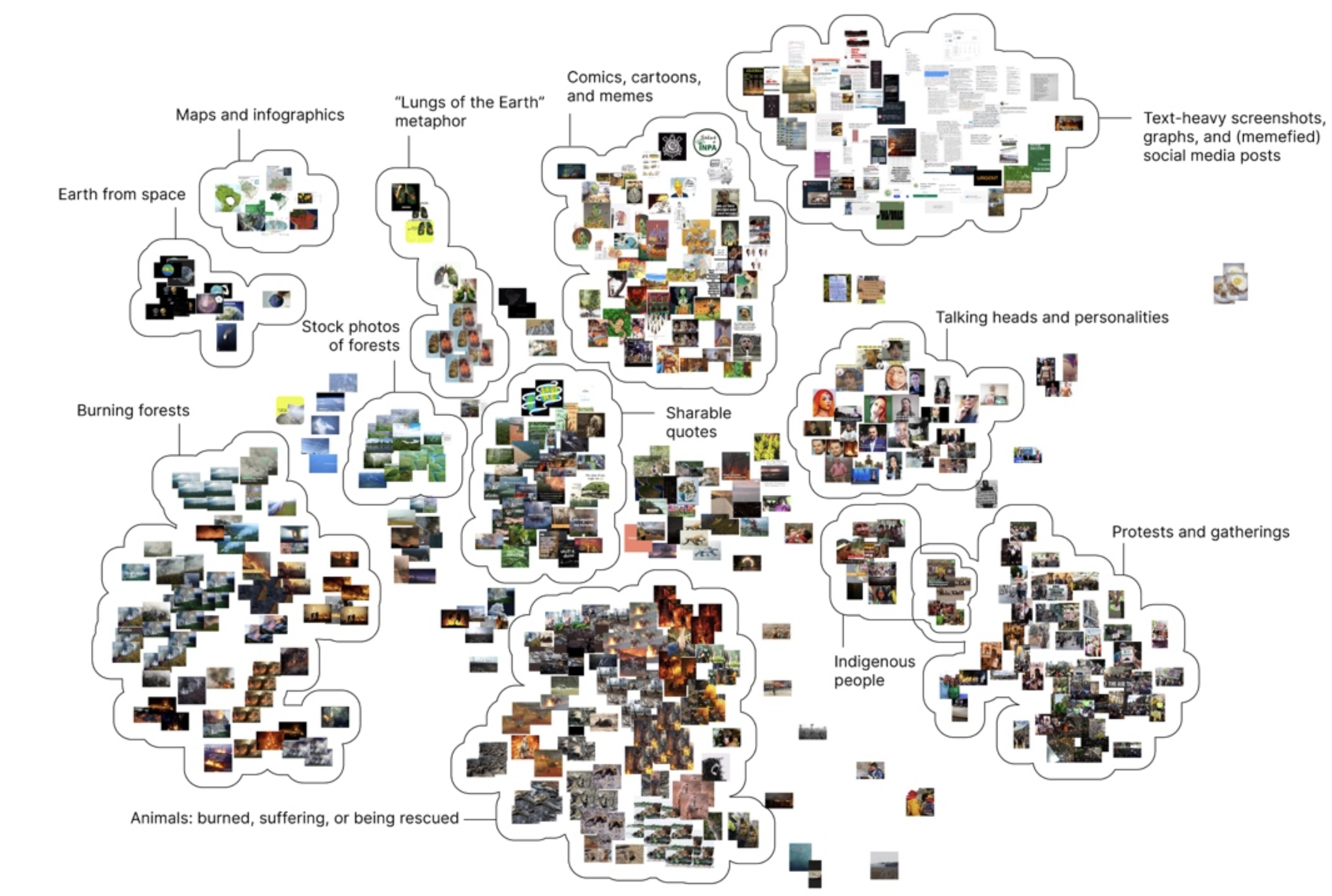A special issue on “Critical Technical Practice(s) in Digital Research” co-edited by Public Data Lab members Daniela van Geenen, Karin van Es and Jonathan W. Y. Gray has been published in Convergence: https://journals.sagepub.com/toc/cona/30/1.
The special issue explores the pluralisation of “critical technical practice”, starting from its early formulations by Philip Agre in the context of AI research and development to the many ways in which it has resonated and been taken up by different publications, projects, groups, and communities of practice, and what it has come to mean. This special issue serves as an invitation to reconsider what it means to use this notion drawing on a wider body of work, including beyond Agre.
A special issue introduction explores critical technical practices according to (1) Agre, (2) indexed research, and (3) contributors to the special issue, before concluding with questions and considerations for those interested in working with this notion.
The issue features contributions on machine learning, digital methods, art-based interventions, one-click network trouble, web page snapshotting, social media tool-making, sensory media, supercuts, climate futures and more. Contributors include Tatjana Seitz & Sam Hind; Michael Dieter; Jean-Marie John-Mathews, Robin De Mourat, Donato Ricci & Maxime Crépel; Anders Koed Madsen; Winnie Soon & Pablo Velasco; Mathieu Jacomy & Anders Munk; Jessica Ogden, Edward Summers & Shawn Walker; Urszula Pawlicka-Deger; Simon Hirsbrunner, Michael Tebbe & Claudia Müller-Birn; Bernhard Rieder, Erik Borra & Stijn Peters; Carolin Gerlitz, Fernando van der Vlist & Jason Chao; Daniel Chavez Heras; and Sabine Niederer & Natalia Sanchez Querubin.
There will be a hybrid event to launch the special issue on 10 July, 2-4 pm CEST.
Links to the articles and our evolving library can be found here:
https://publicdatalab.org/projects/pluralising-critical-technical-practices/.
If you’re interested in critical technical practices and you’d like to follow work in this area, we’ve set up a new mailing list here for sharing projects, publications, events and other activities: https://jiscmail.ac.uk/CRITICAL-TECHNICAL-PRACTICES
Image credit: “All Gone Tarot Deck” co-created by Carlo De Gaetano, Natalia Sánchez Querubín, Sabine Niederer and the Visual Methodologies Collective from Climate futures: Machine learning from cli-fi, one of the special issue articles.

